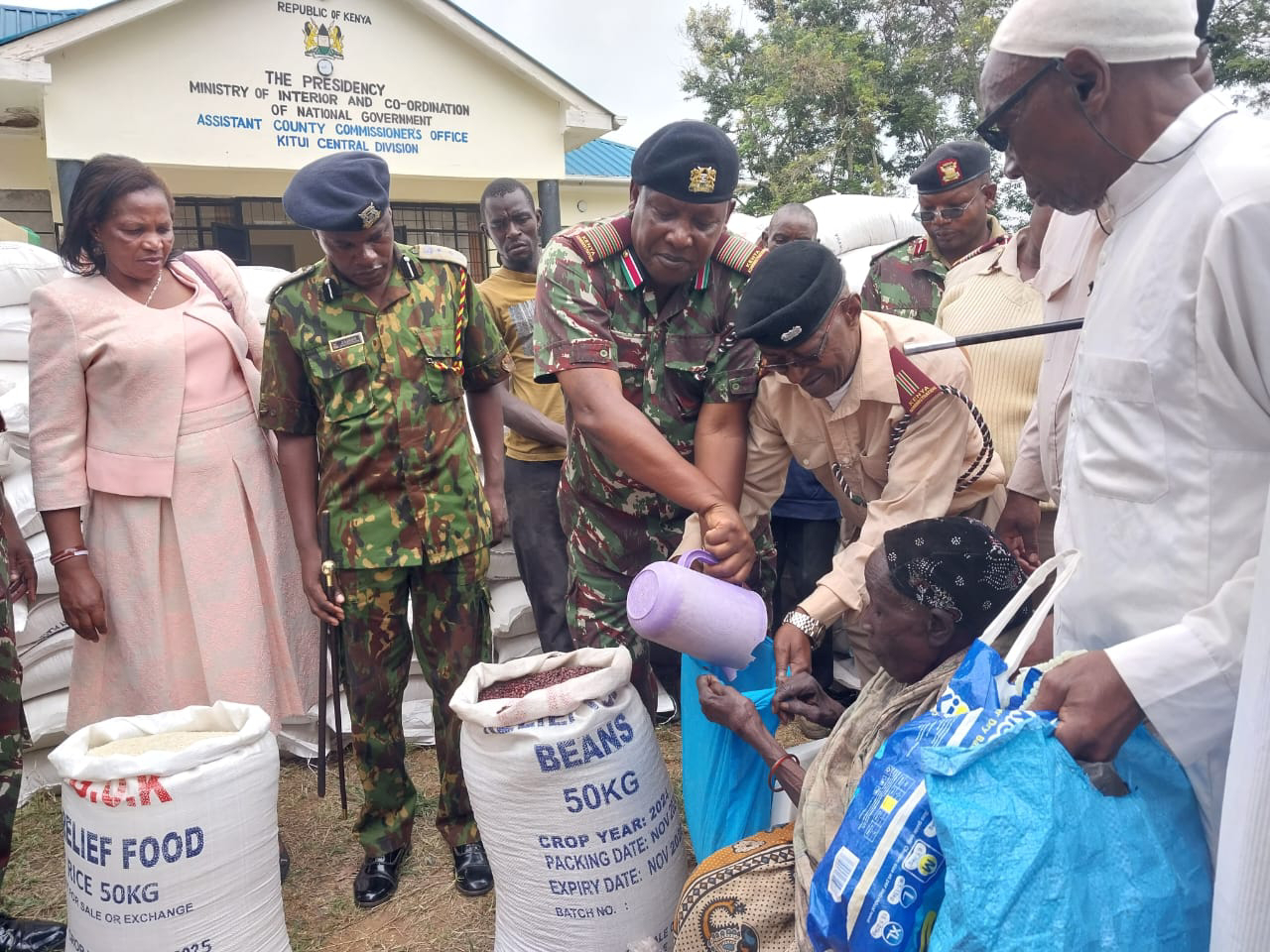STORY By ANDREW GWARO
On a bright Saturday afternoon, Christine, a 36-year-old mother of three, walks into a quiet café on the outskirts of Nairobi. She checks her phone, smiles, and moments later, a sharply dressed man in his early forties walks in. Their eyes meet, a knowing look passes between them, and they settle in a dimly lit corner, talking in hushed tones.
Before the temptation to cheat overwhelms you, ask and remember why you first met your faithful partner. |MWINGI TIMES
To the world, Christine is a devoted wife. To her husband, she is the perfect homemaker. But to the man she just met—her secret lover—she is a different version of herself: free, wild, and unfiltered.
Christine’s story is not unique. Across Kenya, and indeed the world, infidelity has become an open secret in many marriages. Men and women—some happily married, others trapped in toxic unions—are seeking love, passion, or even just validation outside their matrimonial homes. But why? What is fueling these affairs, and what does it say about modern marriage?
Many affairs begin where marriage ends—emotionally. Couples who once burned with passion now live like roommates, their conversations limited to school fees, house repairs, and dinner plans. The excitement of dating, stolen kisses, and heart-racing surprises gets buried under daily responsibilities.
“I love my husband, but I feel like we are just business partners managing a home,” Christine admits. “My affair is not about love—it’s about feeling alive again.”
Emotional Neglect and Loneliness
For many, cheating isn’t just about physical attraction; it’s about being seen and heard. In some marriages, one partner feels neglected, unheard, or taken for granted.
Michael, a 42-year-old banker, has been married for 15 years. His wife is a great mother and a responsible woman, but he feels emotionally abandoned.
“She’s always tired, always busy with the kids. When I try to talk to her about my day, she’s scrolling through her phone. I started confiding in a female colleague, and before I knew it, we had crossed the line,” he confesses.
Revenge and Retaliation
Hell hath no fury like a spouse scorned. Some partners cheat as a way of getting back at their significant others. Whether it’s after discovering infidelity, enduring years of emotional abuse, or feeling unappreciated, revenge affairs are becoming more common.
“When I found out my husband was cheating, I was devastated,” says Beatrice, 39. “I confronted him, but he denied it. I was so angry and hurt that I started my own affair. It wasn’t about love—I just wanted him to feel what I felt.”
The Thrill of the Forbidden
For some, the act of cheating is less about dissatisfaction in their marriage and more about the adrenaline rush that comes with secrecy.
“There’s something intoxicating about sneaking around,” says Kevin, 35, who has been in a long-term affair. “It’s like being in high school again—sneaking texts, secret rendezvous, the fear of getting caught. The risk makes it more exciting.”
Social Media and the Temptation at Your Fingertips
Technology has made infidelity easier than ever. A simple "Hey" in a DM can reignite an old flame or spark a new connection. WhatsApp, Facebook, and Instagram have become modern-day matchmakers for people seeking attention outside their marriages.
“There are women who message me out of nowhere,” says Dan, 38. “Some are married, some are single, but all of them want something they’re missing in their lives.”
Lack of Intimacy and Sexual Compatibility
When the bedroom goes cold, many people start looking elsewhere for warmth. Sexual dissatisfaction is one of the leading reasons for extramarital affairs. Some partners complain that their spouses lost interest in intimacy, while others say their desires no longer align.
“I used to beg my wife for intimacy,” says Brian, 41. “At some point, I just gave up. When another woman showed interest, I didn’t resist.”
The Price of Betrayal
Despite the excitement, secrecy, and pleasure affairs bring, they often come with devastating consequences. Marriages crumble, children suffer, and once-trusted partners become bitter enemies.
Some, however, choose to forgive and rebuild.
“My husband cheated, but I chose to stay,” says Janet, 45. “We went for counseling, and though it’s not easy, we are trying. I don’t want to throw away 20 years of marriage over a mistake.”
Final Thoughts: Are Affairs the New Normal?
In a world where temptation lurks at every corner, the question remains—can modern marriages survive? While some argue that affairs are a symptom of deeper issues, others believe true love and commitment can withstand any storm.
Perhaps, the key lies in rekindling the spark, communicating openly, and remembering why two people fell in love in the first place. Because in the end, no affair—no matter how thrilling—can replace the security of a loyal partner who chooses you every single day.
What do you think? Can a marriage survive infidelity, or is cheating an unforgivable betrayal?
The Feature Story Writer is a Second Year Student at Chuka University pursuing a Bachelor of Arts Degree in Journalism and Mass Communication
















 MWINGI TIMES for timely and authoritative news.
MWINGI TIMES for timely and authoritative news.